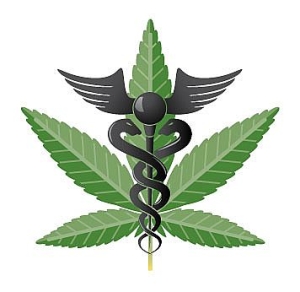For-Profit and Non-Profit Hospitals: What are the Differences?
By recognizing the important distinction between for-profit hospitals and non-profits, a medical student can better define his/her own beliefs on how care should be administered and made available to patients. My investigation into the difference between these types of hospitals has surprised me in many ways. It also helped me address my own concerns about whether a profit should be made on providing health care. The conversations I had with Michael Halter, a CEO at …




